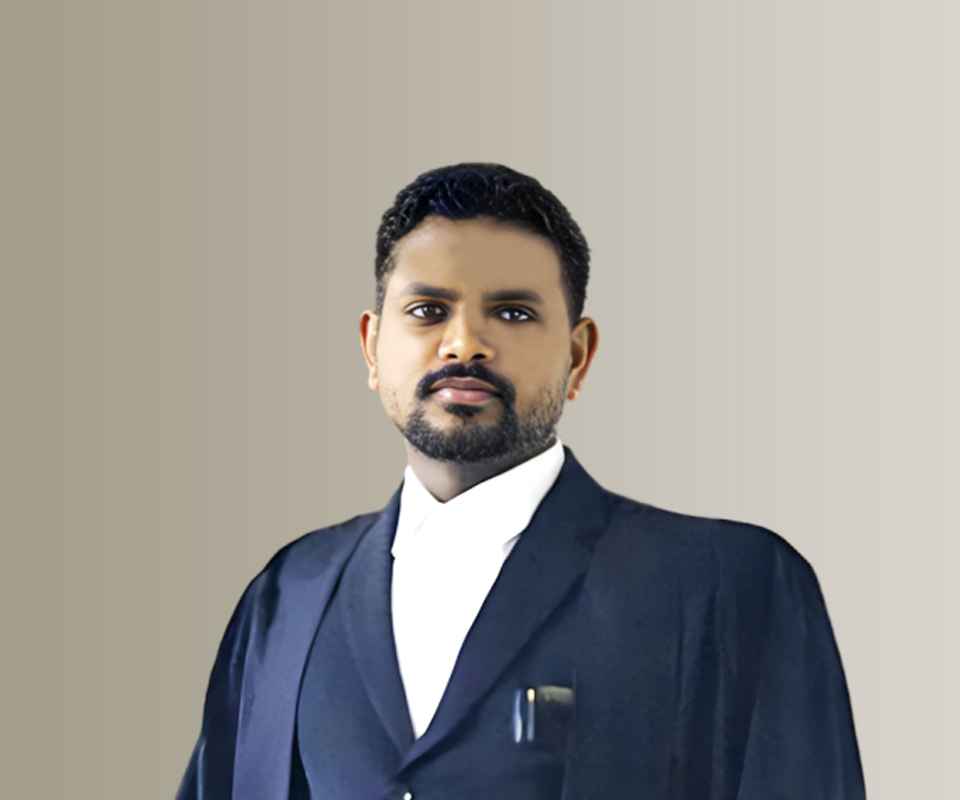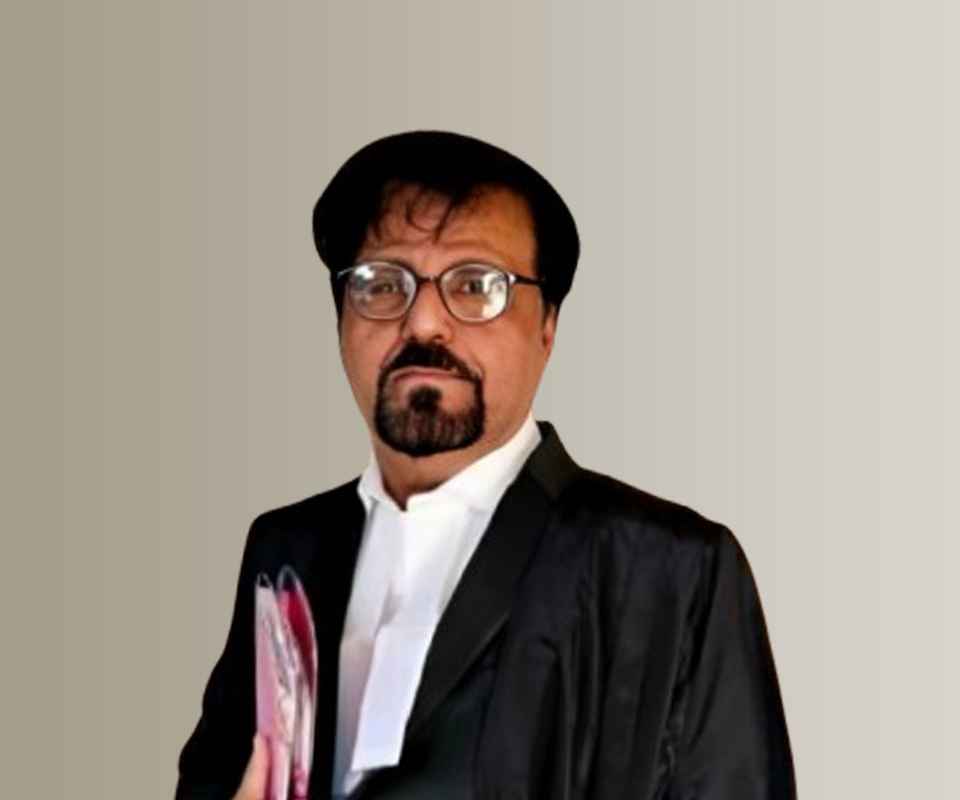Answer By law4u team
Elder abuse is a grave concern in India, and it affects the dignity, well-being, and safety of senior citizens. While the Maintenance and Welfare of Parents and Senior Citizens Act, 2007 provides a legal framework to protect elderly individuals, the involvement of Lok Sabha (Members of Parliament) and MLAs (Members of Legislative Assemblies) in raising such issues is crucial for ensuring that the welfare of senior citizens is upheld at both the national and state levels. These representatives play a significant role in raising awareness, formulating policies, and ensuring the enforcement of existing laws related to elder abuse.
Role of Lok Sabha and MLA Representatives in Addressing Elder Abuse
Raising Issues in Parliament and State Assemblies
Lok Sabha and MLAs have the authority to raise issues of public concern within the legislative bodies, including matters related to elder abuse, through debates, discussions, or private members' bills.
Example: A Member of Parliament (MP) can introduce a Private Members' Bill in the Lok Sabha or Rajya Sabha to propose stricter laws or better enforcement of existing laws against elder abuse.
State Legislators (MLAs) can raise issues related to the protection of senior citizens in their respective state legislative assemblies, bringing local concerns and proposing specific measures for elder welfare at the state level.
Raising Public Awareness and Advocacy
MPs and MLAs have a platform to educate the public and advocate for the elderly. They can raise issues related to elder abuse during public speeches, debates, and discussions, helping to raise awareness among the general public.
By highlighting elder abuse in the media, MPs and MLAs can ensure that the issue gets adequate attention from both the government and the public, encouraging communities to take responsibility for elderly care and protection.
Policy Advocacy and Legislative Amendments
Lok Sabha and MLA representatives can advocate for policy changes that enhance the protection of elderly citizens. For example, they can call for stronger enforcement mechanisms for the Maintenance and Welfare of Parents and Senior Citizens Act, better funding for elder care programs, and improved support systems for elderly victims of abuse.
They can also propose amendments to existing laws to address gaps or introduce new laws to better protect senior citizens from different forms of abuse, including physical, emotional, financial, and neglect.
Constituent Support and Local Initiatives
MPs and MLAs are directly accountable to their constituents, and many elderly individuals may approach them for assistance when they face abuse or neglect.
Representatives can serve as a bridge between the elderly and the government, helping senior citizens access legal resources, file complaints, or seek welfare benefits. They can direct cases of elder abuse to the relevant authorities, such as Maintenance Tribunals, police stations, or social welfare departments.
Committee Participation and Oversight
MPs and MLAs can be part of parliamentary or assembly committees that focus on issues related to social justice, welfare, or human rights. These committees may discuss issues like elder abuse, propose solutions, and oversee the implementation of laws meant to protect senior citizens.
Example: The Standing Committee on Social Justice and Empowerment can examine the status of elderly welfare programs, assess the effectiveness of laws against elder abuse, and recommend policy measures.
Ensuring Adequate Implementation of the Law
State representatives are responsible for ensuring that the Maintenance and Welfare of Parents and Senior Citizens Act is properly implemented at the state level. They can hold state governments accountable for setting up Maintenance Tribunals, appointing Maintenance Officers, and ensuring that elderly welfare programs are being executed.
Example: MLAs can question state ministers about the steps taken to address elder abuse, the effectiveness of the tribunals, and whether senior citizens are receiving the support they need.
Are MPs and MLAs Legally or Ethically Required to Raise Issues of Elder Abuse?
Legal Obligation
No explicit legal obligation exists for MPs and MLAs to raise issues related to elder abuse in legislative bodies. However, they are elected to represent the interests of their constituents, including senior citizens, and as such, they are morally and ethically bound to address issues that affect the well-being of their electorate.
While they do not have a legal duty to raise elder abuse specifically, the Representation of the People Act, 1951 requires them to act in the public interest and uphold the rights of citizens.
Ethical Responsibility
MPs and MLAs have an ethical duty to advocate for vulnerable groups, including elderly individuals who may be at risk of abuse. Their role as public representatives includes raising issues that protect the rights and dignity of senior citizens. This responsibility is rooted in the idea of social justice and human rights.
Many MPs and MLAs, recognizing the growing challenges faced by elderly citizens, proactively raise concerns about elder abuse, as well as propose policies and measures to prevent it.
Public Expectations and Political Accountability
In a democracy, MPs and MLAs are expected to address the issues that concern the people they represent. Elder abuse is a social issue that significantly impacts public well-being. As such, there is political pressure on representatives to address the needs of the elderly, both through lawmaking and policy advocacy.
Failure to raise or address elder abuse can result in public criticism and a loss of trust among voters, especially in constituencies with a high population of senior citizens.
Example
Scenario:
In the State of Tamil Nadu, an MLA from Chennai raised the issue of elder abuse in the state assembly after receiving several complaints from senior citizens in his constituency about neglect and financial exploitation by their children. The MLA proposed amendments to the Maintenance and Welfare of Parents and Senior Citizens Act to strengthen penalties for non-compliance with maintenance orders.
Steps Taken:
- The MLA raised the matter in the Tamil Nadu Legislative Assembly and pushed for a debate on elder abuse.
- He introduced a proposal to increase government funding for elder care homes and to implement public awareness campaigns on elder abuse.
- He also demanded stricter enforcement of the Maintenance and Welfare of Parents Act at the state level.
- The proposal led to increased media attention on the issue and resulted in a review of state policies related to elder care.
Conclusion:
While Lok Sabha and MLA representatives are not legally required to raise issues related to elder abuse, they are ethically responsible to protect vulnerable populations, including senior citizens. By raising awareness, advocating for policy changes, and holding the government accountable, elected officials play a key role in ensuring the rights of elderly individuals are safeguarded. Addressing elder abuse requires the active participation of both parliamentarians and state legislators in order to bring about meaningful change and improve the lives of senior citizens in India.







